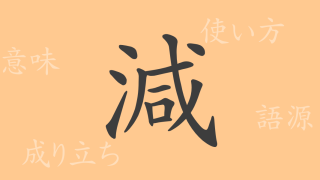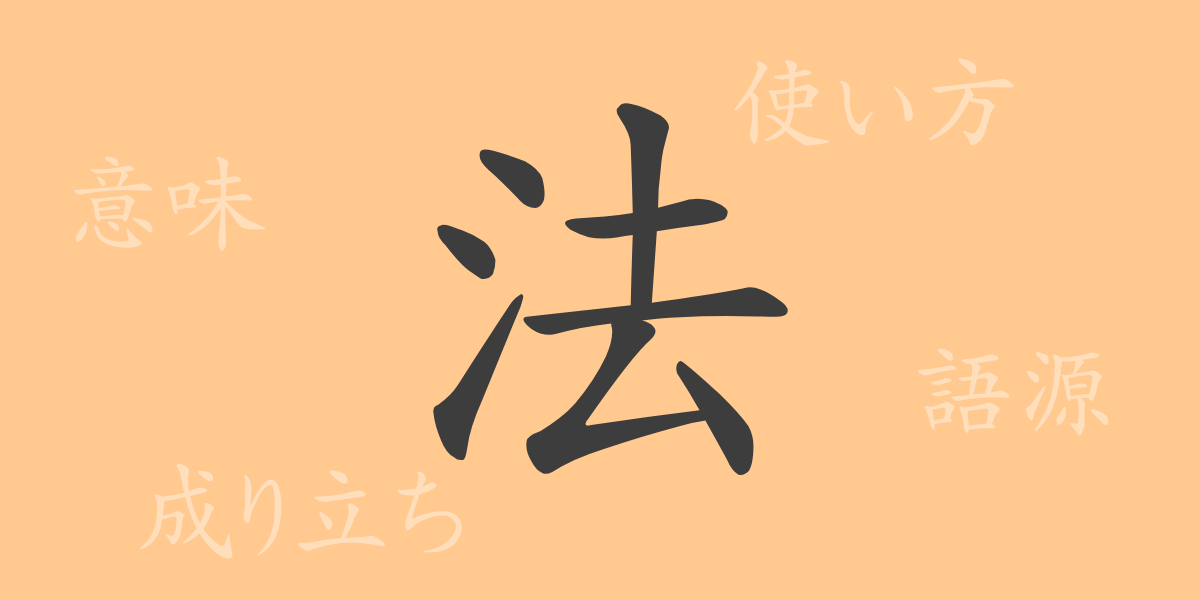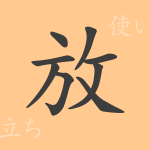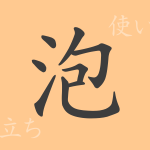The kanji “法” (ほう, hō), deeply rooted in Japanese culture and society, symbolizes order and rules, permeating every aspect of our lives. What kind of history and meaning does this character hold? In this article, we delve into the origins, meanings, uses, readings, stroke count, and radicals of “法” (ほう, hō). Additionally, we introduce idioms, proverbs, and phrases that use “法” (ほう, hō), uncovering its rich background.
Origin of 法 (ほう, hō)
The character “法” (ほう, hō) is believed to have originated from tools used in ancient China to regulate the flow of water or to level grains, indicating correct standards or norms. Thus, it came to be used to signify rules and principles that guide things correctly.
Meaning and Usage of 法 (ほう, hō)
The kanji “法” (ほう, hō) primarily means “norm,” “rule,” “law,” or “principle.” It is used to indicate basic rules for social life or the regularity in the natural world. In philosophical contexts, it can also refer to the fundamental principles of the universe.
Readings, Stroke Count, and Radical of 法 (ほう, hō)
The kanji “法” (ほう, hō) is widely used as a common character in Japanese.
- Readings: The on’yomi (音読み) is “ホウ” (ほう, hō), and the kun’yomi (訓読み) is “のり” (のり, nori).
- Stroke Count: It has a total of 8 strokes.
- Radical: The radical is “氵” (さんずい, sanzui).
Idioms, Proverbs, and Phrases Using 法 (ほう, hō) and Their Meanings
There are numerous idioms, proverbs, and phrases that include “法” (ほう, hō). For example, “法律” (ほうりつ, hōritsu) means “law” as a societal rule, “法則” (ほうそく, hōsoku) refers to the regularity in nature, and “法螺” (ほら, hora) is an idiom meaning an exaggerated story. In proverbs, “法に触れる” (ほうにふれる, hō ni fureru) means to violate rules or norms.
Summary of 法 (ほう, hō)
The kanji “法” (ほう, hō) represents an essential concept in our lives. Understanding its origins and modern meanings and uses provides deep insights into social life and the natural world. Idioms, proverbs, and phrases that include “法” (ほう, hō) reflect the rich cultural background and the profoundness of the Japanese language.

























